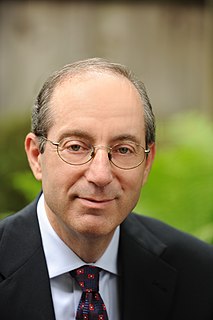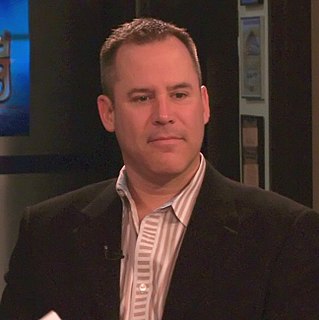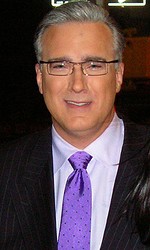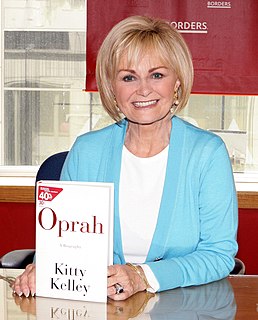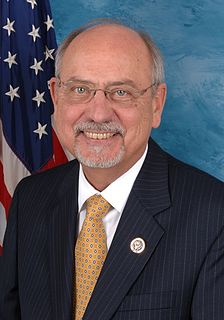A Quote by Jay Winik
Why did John Wilkes Booth do it? In My Thoughts Be Bloody young historian Nora Titone is one of the few to have genuinely explored this question. In doing so, she has crafted a fascinating psychological drama about one of the central events of the Civil War: the assassination of Abraham Lincoln. This book promises to stimulate lively historical debate, and will be a treat for every Civil War buff who always pondered that haunting question, “what made him pull that trigger?” Bravo on a marvelous achievement.
Quote Topics
About
Abraham
Achievement
Always
Assassination
Bloody
Book
Booth
Bravo
Buff
Central
Civil
Civil War
Crafted
Debate
Did
Doing
Drama
Events
Every
Explored
Fascinating
Few
Genuinely
Haunting
Him
Historian
Historical
John
John Wilkes Booth
Lincoln
Lively
Made
Marvelous
My Thoughts
Promises
Psychological
Pull
Question
She
Stimulate
Thoughts
Treat
Trigger
War
Why
Will
Young
Related Quotes
Killing Lincoln is a must-read historical thriller. Bill O'Reilly recounts the dramatic events of the spring of 1865 with such exhilarating immediacy that you will feel like you are walking the streets of Washington DC on the night that John Wilkes Booth shot Abraham Lincoln. This is a hugely entertaining, heart-stopping read.
I've just always had a personal fascination with the myth of Abraham Lincoln. And once you start to read about him and the Civil War and everything leading up to the Civil War, you start to understand that the myth is created when we think we understand a character and we reduce him to a kind of cultural national stereotype.
The question's whether or not there's an American interest in the Civil War [in Syria]. The question is whether or not a military strike on [Bashar] Assad will cause him to be encouraged to use more weapons or discouraged. It's easy enough to say - and the president [Barack Obama] says though this will teach him a lesson - but his military strike is intended not to target him individually, not to bring about regime change.
